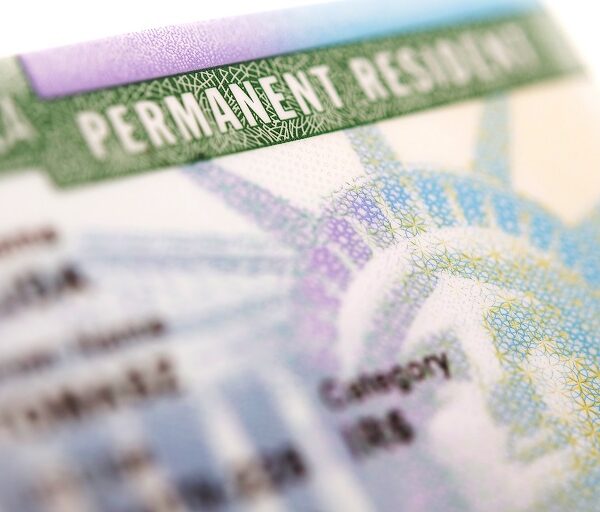Introduction to Teaching in New Zealand
New Zealand is renowned for its stunning landscapes, vibrant culture, and a high standard of living. For educators seeking a rewarding career abroad, teaching in New Zealand offers a unique opportunity to immerse oneself in a diverse and welcoming environment. This comprehensive guide will explore the various aspects of teaching in New Zealand, including requirements, benefits, and how to navigate the process.
Why Choose New Zealand for Teaching?
New Zealand is not just a beautiful country; it also boasts a robust educational system that values quality teaching and learning. Here are a few compelling reasons why educators should consider teaching in New Zealand:
- High Demand for Teachers: There is a significant demand for qualified teachers in various subjects and levels, particularly in rural areas.
- Supportive Work Environment: New Zealand schools foster a collaborative atmosphere where teachers are encouraged to share ideas and support one another.
- Quality of Life: With its stunning landscapes, outdoor lifestyle, and friendly communities, New Zealand offers an excellent quality of life.
- Professional Development: The education sector in New Zealand is committed to ongoing professional development, with numerous opportunities for teachers to enhance their skills.
Requirements for Teaching in New Zealand
To teach in New Zealand, foreign educators must meet specific requirements. Understanding these criteria is crucial for a smooth transition. Here are the key requirements:
1. Qualifications
To be eligible to teach in New Zealand, you must hold a recognized teaching qualification. This typically includes:
- A Bachelor’s degree in Education or an equivalent qualification.
- Specialized training in the subject area you wish to teach.
2. Registration
All teachers in New Zealand must be registered with the Teaching Council of Aotearoa New Zealand. The registration process includes:
- Submitting proof of qualifications and work experience.
- Completing a criminal background check.
- Proving proficiency in English, typically through standardized tests like IELTS or TOEFL.
3. Visa Requirements
As an international teacher, you will need a valid work visa. The type of visa required will depend on your circumstances, such as:
- Your nationality.
- Your job offer from a New Zealand school.
The most common visa options include:
- Essential Skills Work Visa: For those with a job offer in a role that is in demand.
- Accredited Employer Work Visa: If you are offered a position with an accredited employer.
Types of Teaching Positions Available
New Zealand offers a variety of teaching positions across different educational levels. Understanding the available options can help you find the right fit for your career goals.
1. Early Childhood Education
Teaching in early childhood education involves working with children aged 0-5 years. This sector is growing rapidly, and qualified teachers are in high demand.
2. Primary Education
Primary school teachers educate children from ages 5 to 12. This role often requires versatility, as teachers may need to cover a wide range of subjects.
3. Secondary Education
Secondary teachers specialize in teaching students aged 13-18 years. This level requires subject-specific expertise and a passion for mentoring young adults.
4. Special Education
Teachers in special education work with students who have a range of learning difficulties and disabilities. This field is particularly rewarding, as it allows educators to make a significant impact on students’ lives.
The Application Process
Navigating the application process for teaching in New Zealand can be complex, but understanding the steps involved will make it easier.
1. Research Opportunities
Start by researching potential job openings in schools across New Zealand. Websites like Education Gazette and TeachNZ often list available positions.
2. Prepare Your Documents
Gather all necessary documents, including:
- Your teaching qualifications and transcripts.
- A detailed CV highlighting your teaching experience.
- Proof of English proficiency.
- References from previous employers.
3. Submit Your Application
Once you have identified suitable positions, tailor your application to each school. Highlight your strengths and how you can contribute to their community.
4. Attend Interviews
If shortlisted, you will likely be invited to an interview. Be prepared to discuss your teaching philosophy, classroom management strategies, and how you engage students in learning.
Living in New Zealand
Once you secure a teaching position, it’s essential to familiarize yourself with life in New Zealand. Here are a few key aspects to consider:
1. Cost of Living
While New Zealand offers a high quality of life, the cost of living can vary significantly between regions. Major cities like Auckland and Wellington tend to be more expensive than rural areas. Budgeting accordingly is crucial.
2. Cultural Integration
New Zealand is known for its multicultural society. Engaging with local communities and participating in cultural events can enhance your experience and help you make lasting connections.
3. Outdoor Lifestyle
With its breathtaking landscapes, New Zealand offers ample opportunities for outdoor activities. Embrace the natural beauty by hiking, biking, or exploring the stunning coastline.
Conclusion
Teaching in New Zealand can be a life-changing experience, filled with professional growth and personal enrichment. By understanding the requirements, types of positions available, and the living environment, educators can make informed decisions about pursuing a teaching career in this beautiful country. With its welcoming communities and commitment to quality education, New Zealand is an excellent destination for teachers looking to make a difference.







